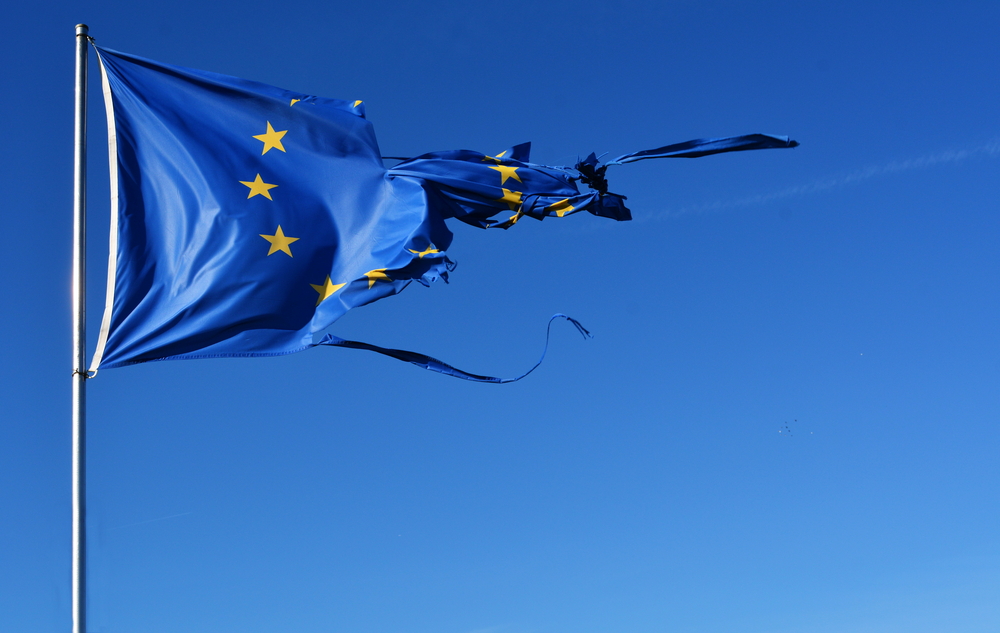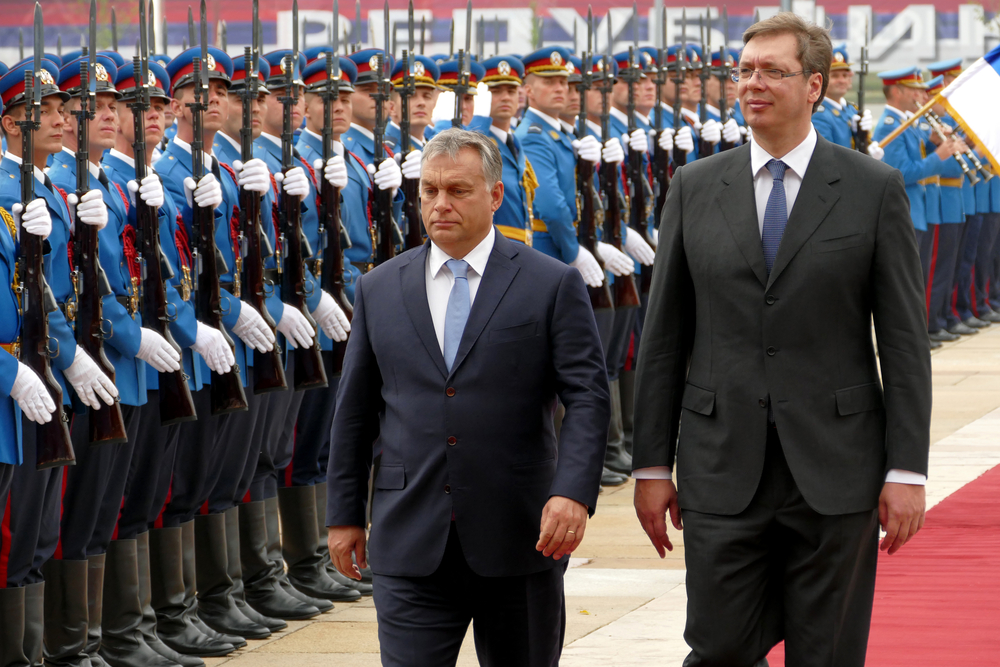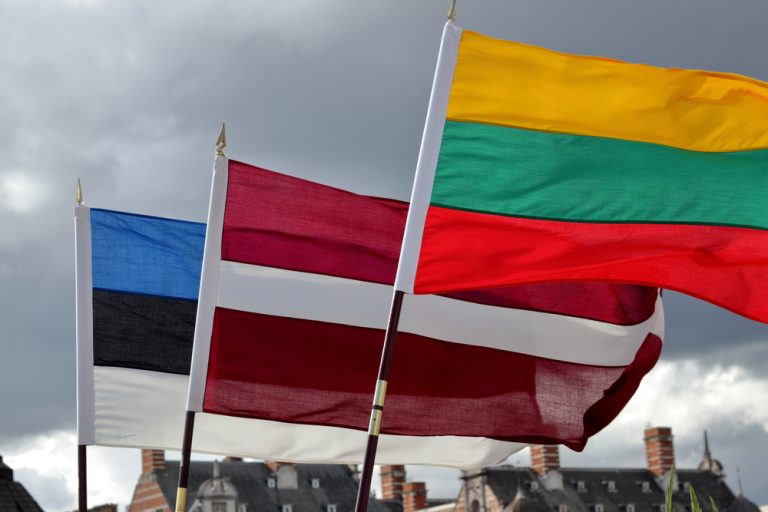
Between stability in the EU and the difficulties of autonomy, nationalists paradoxically more often choose independence
Since the mid-2010s, the main nerve of European politics has been the confrontation between supporters of European integration, represented by left-wing and right-wing centrists and euro skeptics, which include all kinds of nationalist and regionalist parties. Almost every election in Western European countries predict the success of euro skeptics, while in Eastern Europe many states have been governed by rather radical conservatives and opponents of a “united EU” for years. However, time after time the European establishment manages to keep control of the situation and Europeans prefer bored liberals and socialists to promising but dangerous “national revolutionaries”.
This is largely due to the fact that the ideology of liberal internationalism is still shared by many voters, who have a well-founded fear of change and the destruction of the EU. However, the problem lies not only in these “indifferent burghers,” but also in the behavior of national-patriotic citizens who are double-minded and are in no hurry to lose pan-European preferences for the dream of complete independence of their countries from Brussels. The parties that represent their interests have to reckon with this peculiar political schizophrenia, which, even when they come to power, are in no hurry to implement their radical campaign slogans.
An excellent example of this strange political philosophy was Italy, where last October, Giorgia Meloni as representative of the far-right Italian party Brothers of Italy, became prime minister. At the time, officials in Brussels and liberal Europeans were anxious and fearful about the future of the EU. Meloni had for years opposed European bureaucrats, called for a tougher stance on migrants, criticized Berlin and Paris, and sought greater autonomy for Italy up to and including leaving the Union. Ursula Von der Leyen even declared before the parliamentary elections that Brussels had “tools” if the ultra-right in Italy created problems, but her fears proved to be in vain. Already during the election campaign, realizing that she is one step away from the prime minister’s chair, she strongly softened her rhetoric.

After her election, her behavior became even more liberal and her “almost fascist” policy was not much different from the one of Mario Draghi. The limits of her political willfulness were cautious requests to allow Italy to tighten its migration policy a little, or to raise the price limit on Russian oil to contain the energy crisis. The economic losses from breaking with the EU would be too great: tens of billions of euros from the European Reconstruction Fund are too much of a temptation for Rome, and citizens are not willing to tolerate the stagnation and high inflation that will accompany the first years of “free floating”. The Brothers of Italy party, which for years had a rating between 6 and 7%, quickly rose to 30% with, in the meantime, a loss of confidence in its other leftist and rightist opponents. Georgia Meloni is then well aware that her voters, who curse the EU, will quickly turn on her if financial difficulties hit them. That’s why she can afford the luxury of putting her reformist ideas into practice. “Italian, Christian, woman and mother” would be limited to superficial populism that would warm the heart of Italian patriots, but not threaten their wallets.
Poland is a similar case, which is considered by many to be a bastion of nationalism. Nevertheless, especially among young people and residents of large cities, common ideas of multiculturalism and cosmopolitanism are spreading, becoming an alternative to the dominant ideology represented by the ruling Law and Justice party. However, the problems of the Polish right are not limited to the existence of a strong liberal opposition. A peculiar political and mental dualism is also prevalent among patriotic Poles. It is related to the contradiction between the economic component of life and the ideological one. While criticizing the EU as the main mental evil, the average Pole cannot refuse the economic benefits that Poland’s membership in this union provides. Denying the spiritual values of Europe, and advocating “cultural independence and sovereignty” would vehemently oppose any infringement well-being for the sake of realizing “sovereignty”. Precisely in order to retain a portion of such voters, all right-conservative parties, even very radical ones, have almost completely excluded from their programs specific points concerning reintegration with the EU, and have limited themselves to cultural and political aspects.
Poland is probably the brightest irritant for the elites of the EU and a hater of the very concept of this political-economic union. However, because of the dualism of Polish voters, this relationship does not lead to any practical changes, and is limited to political theater. Radical initiatives of the country’s government are replaced by retreats under pressure from European bureaucrats, which, in return, go along with more aggressive and hysterical attacks of the Polish authorities on the EU with Germany as the main symbol of the “European dictatorship” for Poles. Over the last year, there have been several scandals connected with anti-European outbursts of Poland and retaliatory actions of supporters of the unity. Back in spring Jaroslaw Kaczynski decided to subdue the country’s judicial system, but under the threat of losing European subsidies for the development of Poland’s infrastructure, he was forced to abandon his dictatorial scheme. In August, a scandal erupted over the ecological disaster on the Oder River, and the EU, represented by Germany, struck back, in effect accusing Poland of complicity in the disaster. Finally, at the end of September, Poland demanded 6.2 trillion zlotys (about 1.3 trillion dollars) from Germany as reparations for damages caused by World War II. The latter demand was obvious “political trolling” and had nothing to do with reality. Of course, no serious questions about leaving the EU or reconsidering Poland’s role in this organization were even raised.

Such views are widespread even in non-EU countries that are just about to begin the process of European integration, and the case of Serbia is illustrative. The country’s current president, Aleksandar Vucic, was a young nationalist from Vojislav Seselj’s Radical Party who called for the murder of Bosnians and Croats, but has now become a respectable politician who wants European integration and a solution to the Kosovo question. The way to this metamorphosis was through the Serbian presidential elections in 2004 and 2008, when Vucic’s predecessor, Tomislav Nikolic, lost to the liberal Boris Tadic in the second round, after always winning the first one. It was then that Nikolic and Vucic came up with the political concept of the new “Progressive Party”, which has allowed them to hold power firmly since 2012. This concept contains two seemingly incompatible theses about non-recognition of Kosovo’s sovereignty and consistent movement toward Serbia’s EU membership. However, this paradoxical ideology, bordering on schizophrenia, suits moderate patriots and moderate liberals alike, making Vucic the center of political consensus in the country.
Many might say that a consistent opponent of the EU is Viktor Orban, who enjoys almost total support from Hungarians. Yes, Orban is a cunning and calculating politician, and his moves are usually very careful and calibrated. He never works for publicity, and only takes decisive actions when he believes that the EU will either swallow them, or that the long-term benefits to Hungary from them will cover the damage from the retaliatory actions of bureaucrats in Brussels. However, his goals are far from leaving the EU and boil down to blackmail for the sake of economic preferences. That is why even such a “radical” as Viktor Orban is not eager to test the willingness of his own citizens to suffer economic deprivation for the sake of independence of his homeland from Brussels. Yes, the EU is in a deep crisis, but the cost of withdrawal from it so far outweighs the benefits of such a step for Italians, Poles and Hungarians. By depriving people of their right to their own views and culture, the European “dictatorship” gives them financial paternalism. As long as European coffers are full, and as long as infantilism and unwillingness to take responsibility for their chosen path distinguish even nationalists, European officials have nothing to fear. Right-wing and ultra-right-wing politicians are only fulfilling the “hidden” desires of their own voters on this issue.


Average Rating